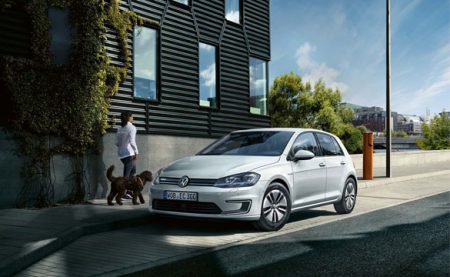In the wake of 2015’s dieselgate scandal, Volkswagen’s image was sorely in need of a makeover. The company’s brutal attack on the principles of corporate social responsibility made it for some time a pariah in the eyes of much of the public, although its sales were never affected.
So Volkswagen’s management decided to commit to electrification, based on the belief that if it didn’t it would “end up like Nokia”. In a bid to avoid fines resulting from the change in emissions standards planned for this year, Volkswagen said goodbye to hybrids in 2019, accelerated its electric vehicle manufacturing targets to one million units by the end of 2023 and 1.5 million by the end of 2025, built the largest electric vehicle factory in Europe, and carried out an ambitious investment program and reached supply agreements for batteries, which will culminate in a €35 billion investment in six battery factories and a global network of charging stations.
Unable to catch up with Tesla’s technological lead, Volkswagen’s goal is to become the number two electric vehicle manufacturer. The announcement of these plans has doubled the company’s share price over the past year, despite experiencing a 37% fall in profits due to the pandemic. The company’s electric vehicle sales tripled last year to 230,000 units: according to some analysts, Volkswagen will be able to manufacture electric vehicles for less than it now costs to make gasoline or diesel ones by 2025.

What’s missing from the German carmaker’s epiphany? Something fundamental if it really wants to be taken seriously: it must stop making diesel and petrol engines. Tesla is not the leader in electric vehicles solely because it researches and develops this technology better than anyone else, but because under no circumstances would it ever consider making cars with engines that pollute the air. That is, in addition to its quality, which also makes it a leader, in customer satisfaction. Tesla owners see themselves as fans, part of a plan, of ambitious and credible goals.
In short, what really sets a carmaker apart from the competition is that it no longer makes diesel and petrol engines. As long as Volkswagen and others that claim to have seen the light refuse to commit to going fully electric in the immediate future, it will be the same company that prefers to pay emissions fines and that prioritizes its short-term profits over the long-term common good.
Read more: Forbes
It’s Time to Go Green!
If you would like to know more about Solar Panels and the PowerBanx range of home battery systems, and get a free instant quote, please complete our online form:

